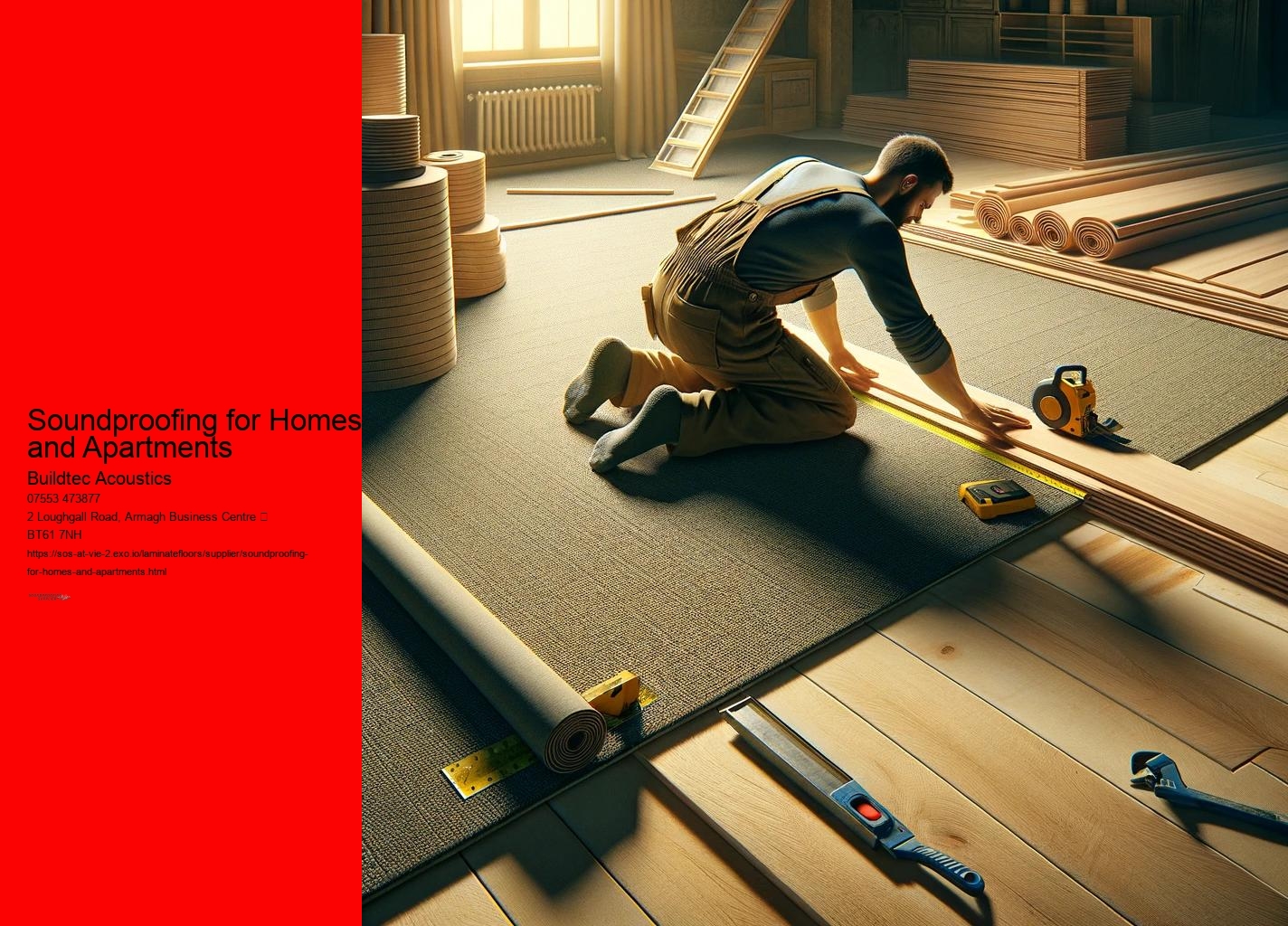In residential buildings, whether in a semi-detached house or an apartment, acoustic underlays are often installed under laminate flooring, hardwood, or carpets to reduce noise transmission through walls, ceilings, and stairs. Soundproofing Material Products from this Soundproofing Supplier are affective acoustic solutions. These underlays not only help reduce noise but also enhance thermal conductivity, supporting efficient heat transfer within the room. These products provide greater efficiency in both heating and noise control, ensuring comfort throughout the year. This process involves transforming sound energy into heat, which then dissipates without causing disturbances. Leadership in Energy and Environmental Design
By reducing both airborne and impact noise, these underlays contribute to creating a peaceful environment, whether in a home, office, or commercial building. During renovations, installing acoustic underlays can significantly improve the acoustic properties of existing floors, whether in residential or commercial settings.
Soundproofing for Homes and Apartments - do it yourself
- do it yourself
- Leadership in Energy and Environmental Design
- vibration isolation
- washing machine
Acoustic underlays made from polyvinyl chloride (PVC) or cork are ideal choices, as they balance both thermal insulation and soundproofing requirements. The materials used in acoustic underlays, such as foam, cork, and natural rubber, are highly effective in reducing vibrations and controlling noise. Airborne noise, such as music or conversations, can be reduced by selecting underlays with higher sound transmission class ratings.
In residential buildings, whether in a semi-detached house or an apartment, acoustic underlays are often installed under laminate flooring, hardwood, or carpets to reduce noise transmission through walls, ceilings, and stairs. These materials also provide thermal insulation, enhancing the thermal resistance of a room while also effectively managing noise levels.
Soundproofing for Homes and Apartments - do it yourself
- cement
- volatile organic compound
- building insulation
- adhesive
